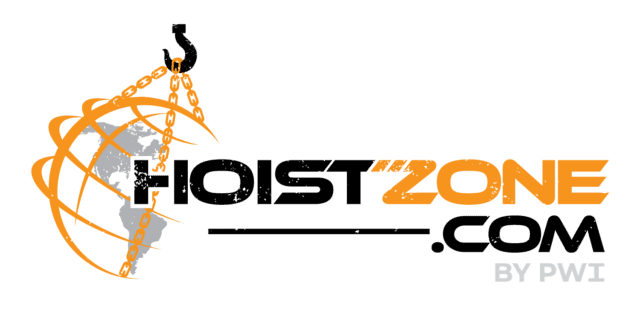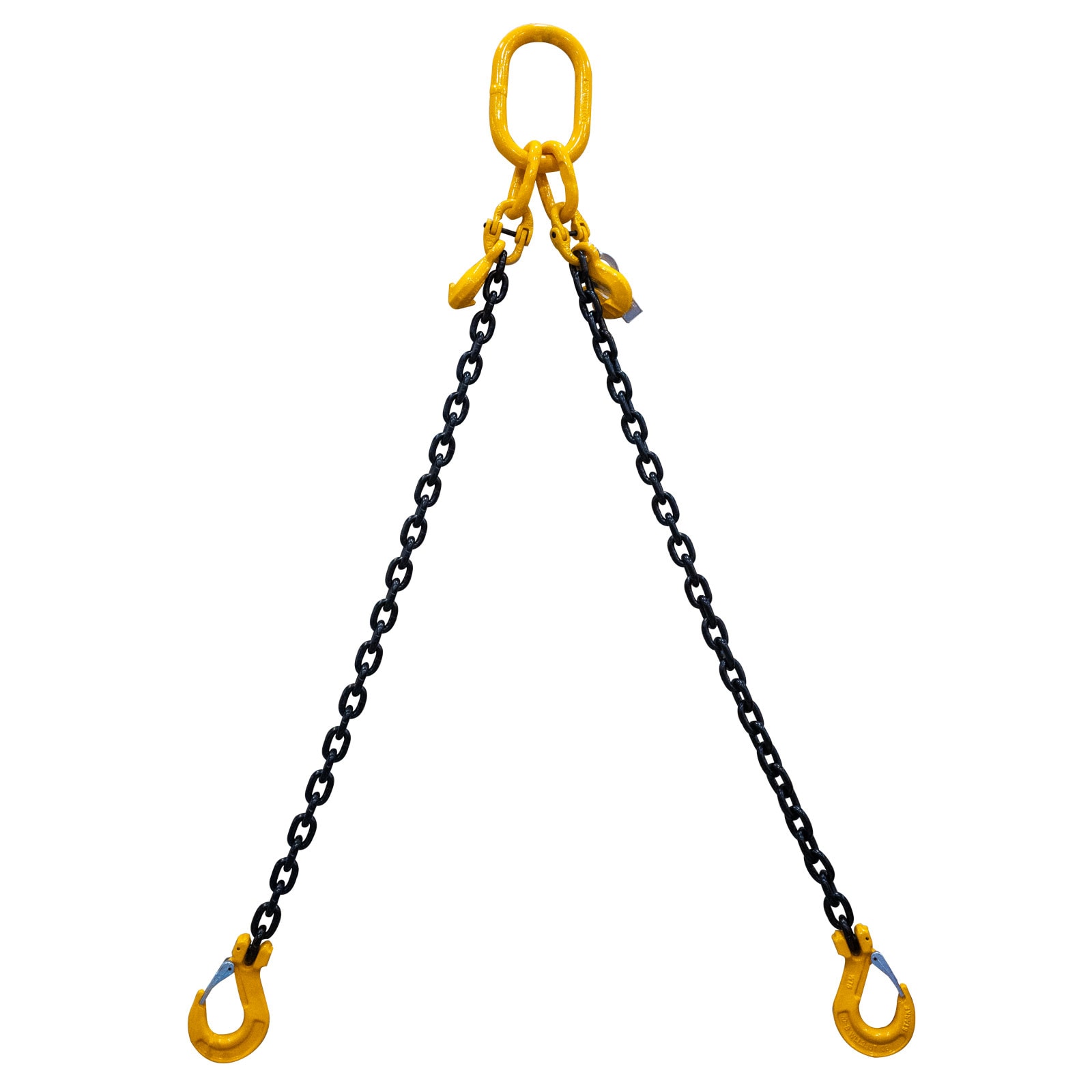| Country of Origin | Import |
|---|---|
| Brand |
Frequently Asked Questions
What’s the difference between a sling hook and a grab hook?
Hoist Zone offers two different hook styles when you buy a chain sling. You can either choose the grab hook or the sling hook. The hook style that is right for you depends on the application. If you are looking for a more economical hook that is specifically designed for chain rigging, then you should choose the grab hook. However, if you will be using a variety of chains, slings, and straps to do your lifting; then the sling hook would be your best option. The sling hook also comes with a built in safety latch to ensure an optimal lift.
How do I perform a hook inspection?
Examine hooks for the following:
- Missing or illegible hook manufacturer’s identification or secondary manufacturer’s identification
- Missing or illegible rated load identification
- Excessive pitting or corrosion
- Cracks, nicks, or gouges
- Wear—any wear exceeding 10% (or as recommended by the manufacturer) of the original section dimension of the hook or its load pin
- Deformation—any visible apparent bend or twist from the plane of the unbent hook
- Throat opening—any distortion causing an increase in throat opening of 5% not to exceed 1/4” (6mm), or as recommended by the manufacturer
- Inability to lock—any self-locking hook that does not lock
- Inoperative latch (if provided)—any damaged latch or malfunctioning latch that not close the hook’s throat
- Damaged, missing, or malfunctioning hook attachment and securing means
- Thread wear, damage, or corrosion
- Evidence of heat exposure or unauthorized welding
- Evidence of unauthorized alterations such as drilling, machining, grinding, or other modifications
If signs of any of those listed above are visually apparent, then use of said hook is mandated to be out of service until proper repair by qualified personnel has been performed.
How often should I perform a hook inspection?
In order to ensure your safety, the ASME requires hooks to be periodically inspected once a month. If a professional recommends even more often, then this supersedes the periodic monthly inspection.


Shannon Cox (verified owner) –
Hoist Zone provided me with the BEST customer service I have ever received! I purchased this item then when it shipped, I received an email and a phone call just to let me know it was on its way. Excellent quality in my product ordered as well.
Brad Dingman (verified owner) –
Excellent turnaround ordered on a Thursday received on a Monday. Excellent quality hoist chain. I plan on ordering two more.